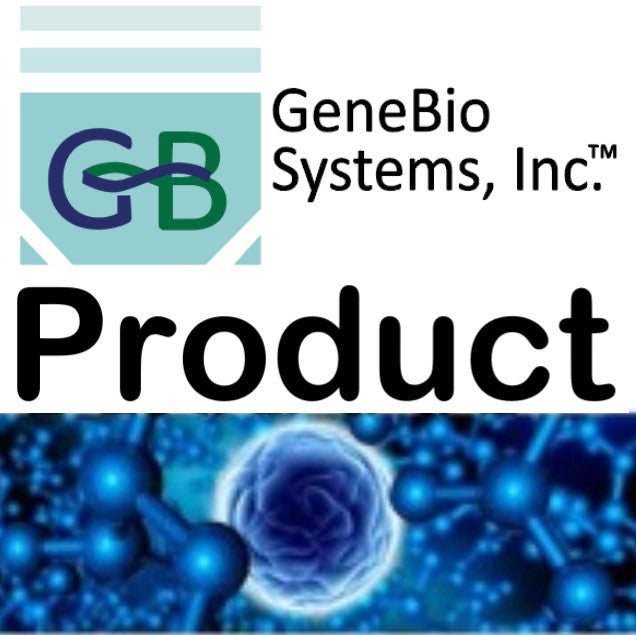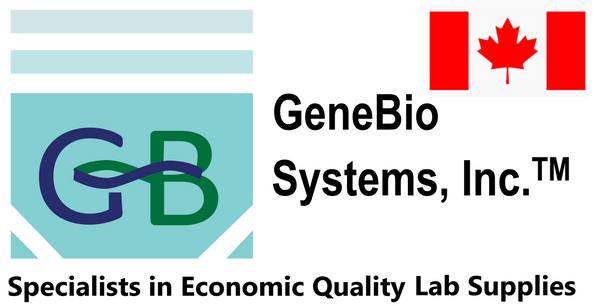Gene Bio Systems
Recombinant Human Uncharacterized protein C8orf4(C8orf4)
Recombinant Human Uncharacterized protein C8orf4(C8orf4)
SKU:CSB-EP882079HU
Couldn't load pickup availability
Size: 200ug. Other sizes are also available. Please Inquire.
In Stock: No
Lead time: 10-20 working days
Research Topic: Signal Transduction
Uniprot ID: Q9NR00
Gene Names: C8orf4
Organism: Homo sapiens (Human)
AA Sequence: MKAKRSHQAVIMSTSLRVSPSIHGYHFDTASRKKAVGNIFENTDQESLERLFRNSGDKKAEERAKIIFAIDQDVEEKTRALMALKKRTKDKLFQFLKLRKYSIKVH
Expression Region: 1-106aa
Sequence Info: Full Length
Source: E.coli
Tag Info: N-terminal GST-tagged
MW: 39.3 kDa
Alternative Name(s): Thyroid cancer protein 1
Relevance: Seems to be involved in the regulation of cell growth an differentiation, may play different and opposite roles depending on the tissue or cell type. May enhance the WNT-CTNNB1 pathway by relieving antagonistic activity of CBY1. Enhances the proliferation of follicular dendritic cells. Plays a role in the mitogen-activated MAPK2/3 signaling pathway, positively regulates G1-to-S-phase transition of the cell cycle. In endothelial cells, enhances key inflammatory mediators and inflammatory response through the modulation of NF-kappaB transcriptional regulatory activity. Involved in the regulation of heat shock response, seems to play a positive feedback with HSF1 to modulate heat-shock downstream gene expression. Plays a role in the regulation of hematopoiesis even if the mechanisms are unknown. In cancers such as thyroid or lung cancer, it has been described as promoter of cell proliferation, G1-to-S-phase transition and inhibitor of apoptosis. However, it negatively regulates self-renewal of liver cancer cells via suppresion of NOTCH2 signaling.
Reference: "Cloning of TC-1 (C8orf4), a novel gene found to be overexpressed in thyroid cancer." Chua E.L., Young L., Wu W.M., Turtle J.R., Dong Q. Genomics 69:342-347(2000)
Purity: Greater than 90% as determined by SDS-PAGE.
Storage Buffer: Tris-based buffer,50% glycerol
Storage: The shelf life is related to many factors, storage state, buffer ingredients, storage temperature and the stability of the protein itself. Generally, the shelf life of liquid form is 6 months at -20℃/-80℃. The shelf life of lyophilized form is 12 months at -20℃/-80℃.
Notes: Repeated freezing and thawing is not recommended. Store working aliquots at 4℃ for up to one week.


